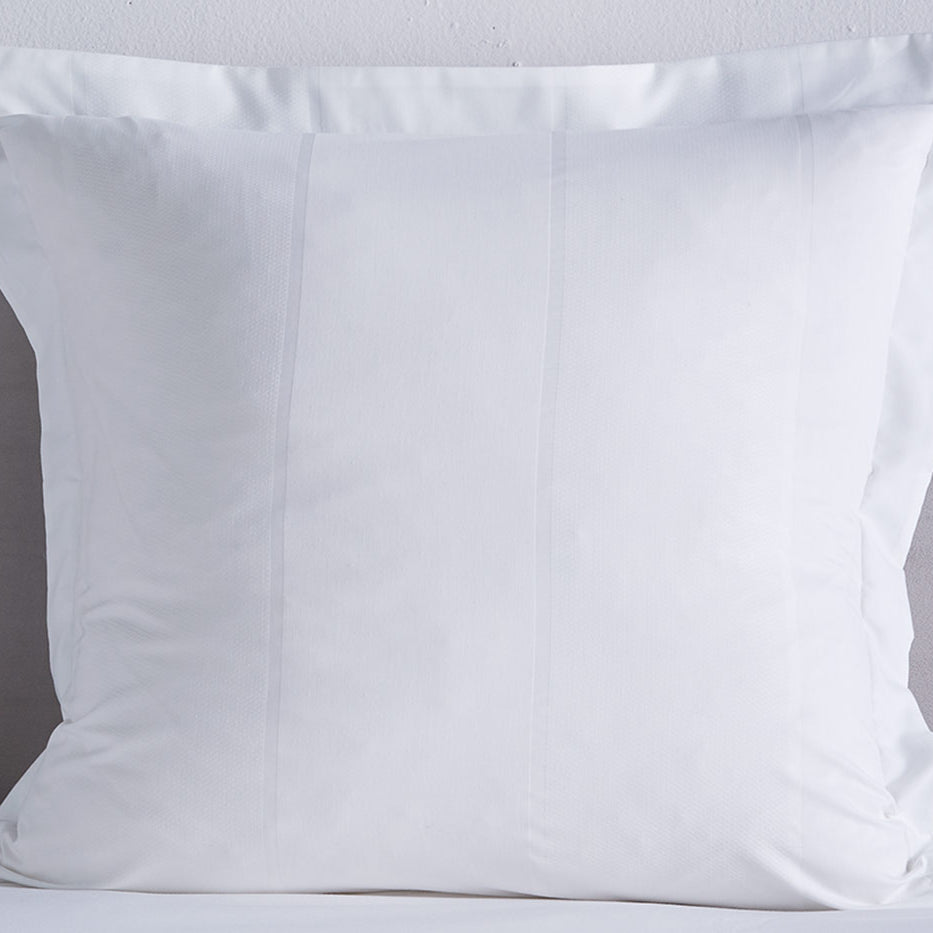As the days grow shorter and the nights longer, it's important to understand the impact of light on our body's natural rhythms. The production of melatonin, a hormone that regulates our sleep-wake cycle, is heavily influenced by the amount and type of light we're exposed to throughout the day.
Melatonin is often referred to as the "sleep hormone" because it plays a crucial role in our body's internal clock, known as the circadian rhythm. This rhythm is responsible for controlling various physiological processes, including sleep, appetite, and hormone production. When the body's melatonin levels are in sync with the natural light-dark cycle, we experience better sleep, improved mood, and overall well-being.
When it is darker outside your body secretes more melatonin which makes you feel drowsy, signaling to our brain and body that it is time for bed.
However, in today's modern world, we're constantly bombarded by artificial light sources, from our smartphones and laptops to the LED lights in our homes and offices. This exposure to blue-rich light, especially in the evening hours, can disrupt the body's natural melatonin production, leading to a range of issues, such as difficulty falling asleep, poor sleep quality, and even mood disturbances.
To maintain a healthy body clock and optimize melatonin levels, it's essential to be mindful of our light exposure, especially as the seasons change. During the winter months, when daylight hours are shorter, it's crucial to seek out natural light sources as much as possible. Spending time outdoors, even on cloudy days, can help regulate melatonin production and keep our circadian rhythms in sync.
Additionally, it's important to limit the use of blue-light-emitting devices, such as smartphones and tablets, in the hours leading up to bedtime. Instead, consider using warm, yellow-tinted lighting or wearing blue-light-blocking glasses to minimize the disruptive effects of artificial light on melatonin production.
By understanding the relationship between light, melatonin, and our body's internal clock, we can take proactive steps to improve our sleep, mood, and overall well-being. Whether it's adjusting our lighting, spending more time outdoors, or being mindful of our screen time, small changes can have a significant impact on our ability to maintain a healthy body clock and thrive throughout the changing seasons.
The Importance of Melatonin
Melatonin is a hormone produced by the pineal gland in the brain, and it plays a crucial role in regulating our sleep-wake cycle. When it's dark, the body produces more melatonin, signaling to the brain that it's time to sleep. Conversely, when it's light, melatonin production decreases, indicating that it's time to be awake and active.
The Impact of Light on Melatonin Production
The amount and type of light we're exposed to can have a significant impact on melatonin production. Blue-rich light, such as that emitted by LED devices and screens, can suppress melatonin secretion, making it harder to fall asleep and stay asleep. On the other hand, exposure to natural light, especially in the morning, can help regulate the body's circadian rhythm and promote healthy melatonin levels.
Strategies for Maintaining a Healthy Body Clock
To maintain a healthy body clock and optimize melatonin production, consider the following strategies:
- Spend time outdoors during the day, especially in the morning, to expose your body to natural light.
- Limit the use of blue-light-emitting devices, such as smartphones and tablets, in the hours leading up to bedtime.
- Use warm, yellow-tinted lighting in the evenings to minimize the disruptive effects of artificial light.
- Consider wearing blue-light-blocking glasses to filter out harmful wavelengths.
- Establish a consistent sleep-wake schedule, even on weekends, to keep your body's internal clock in sync.
By understanding the relationship between light, melatonin, and our body's internal clock, we can take proactive steps to improve our sleep, mood, and overall well-being, even as the seasons change.





